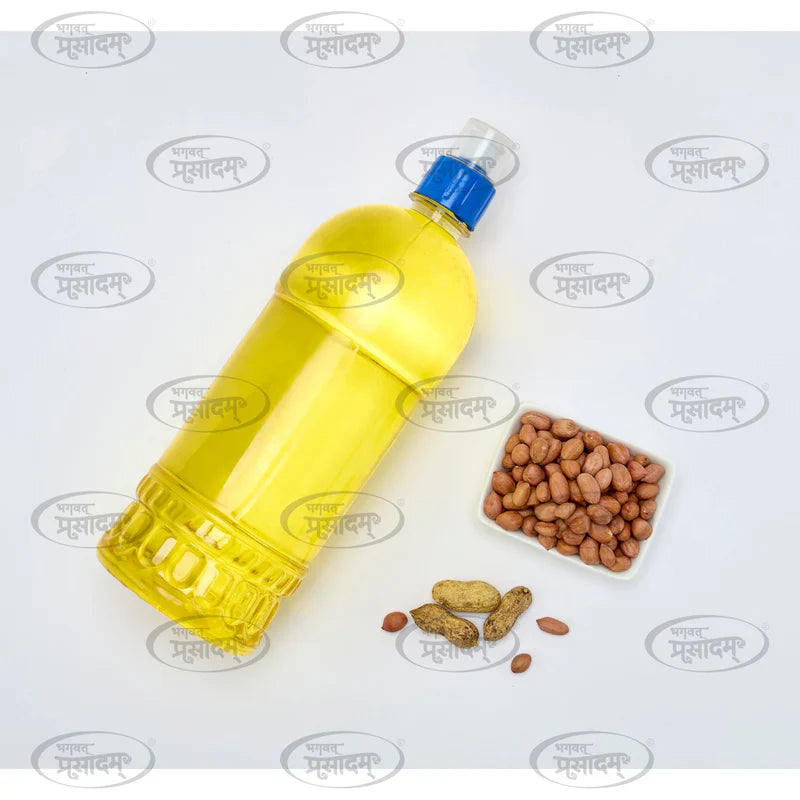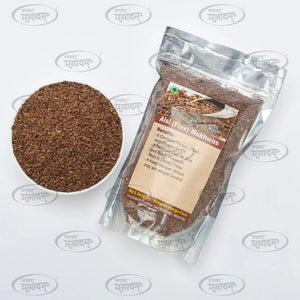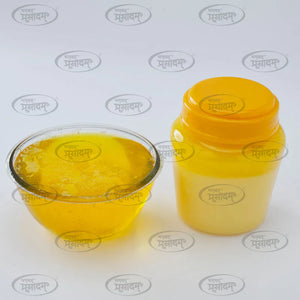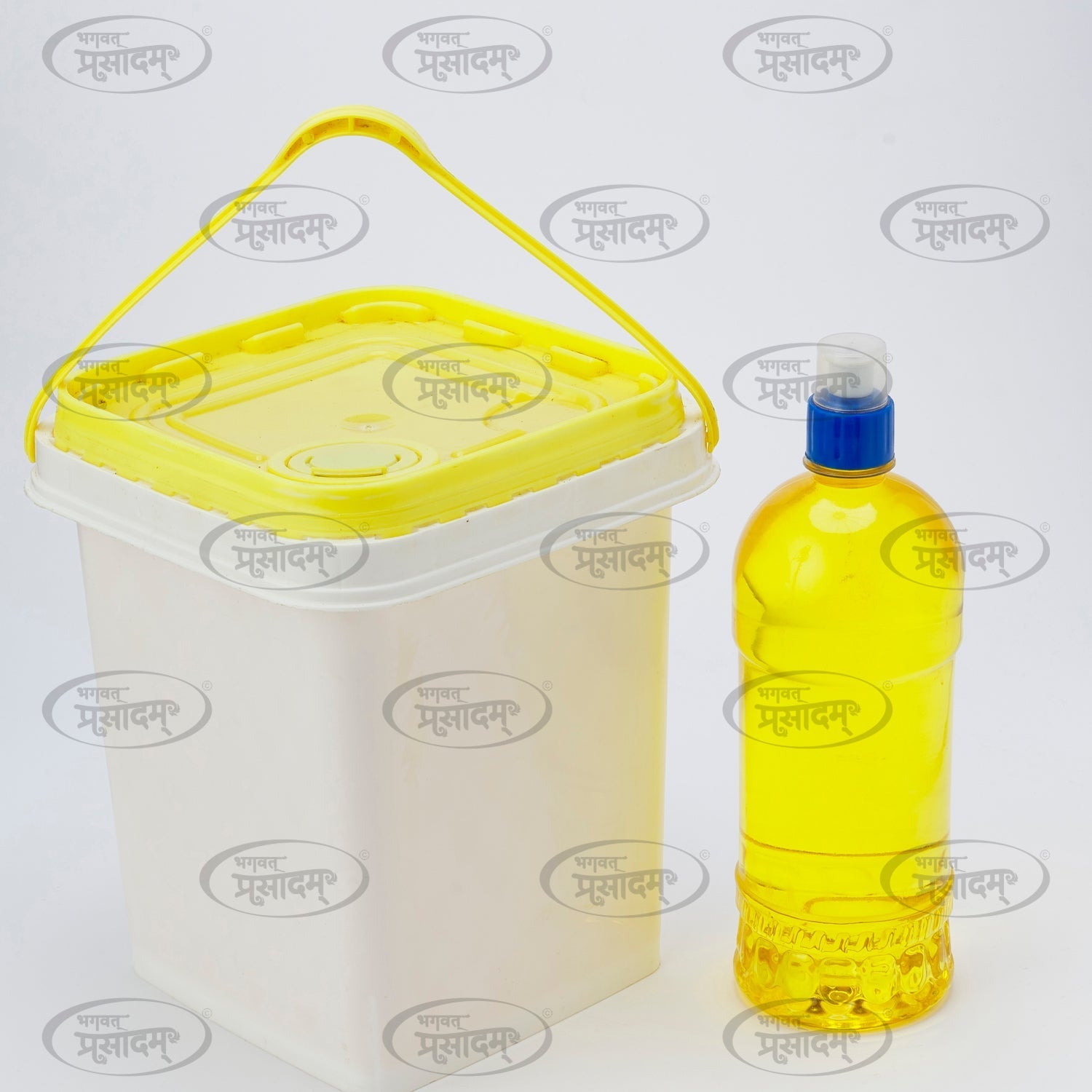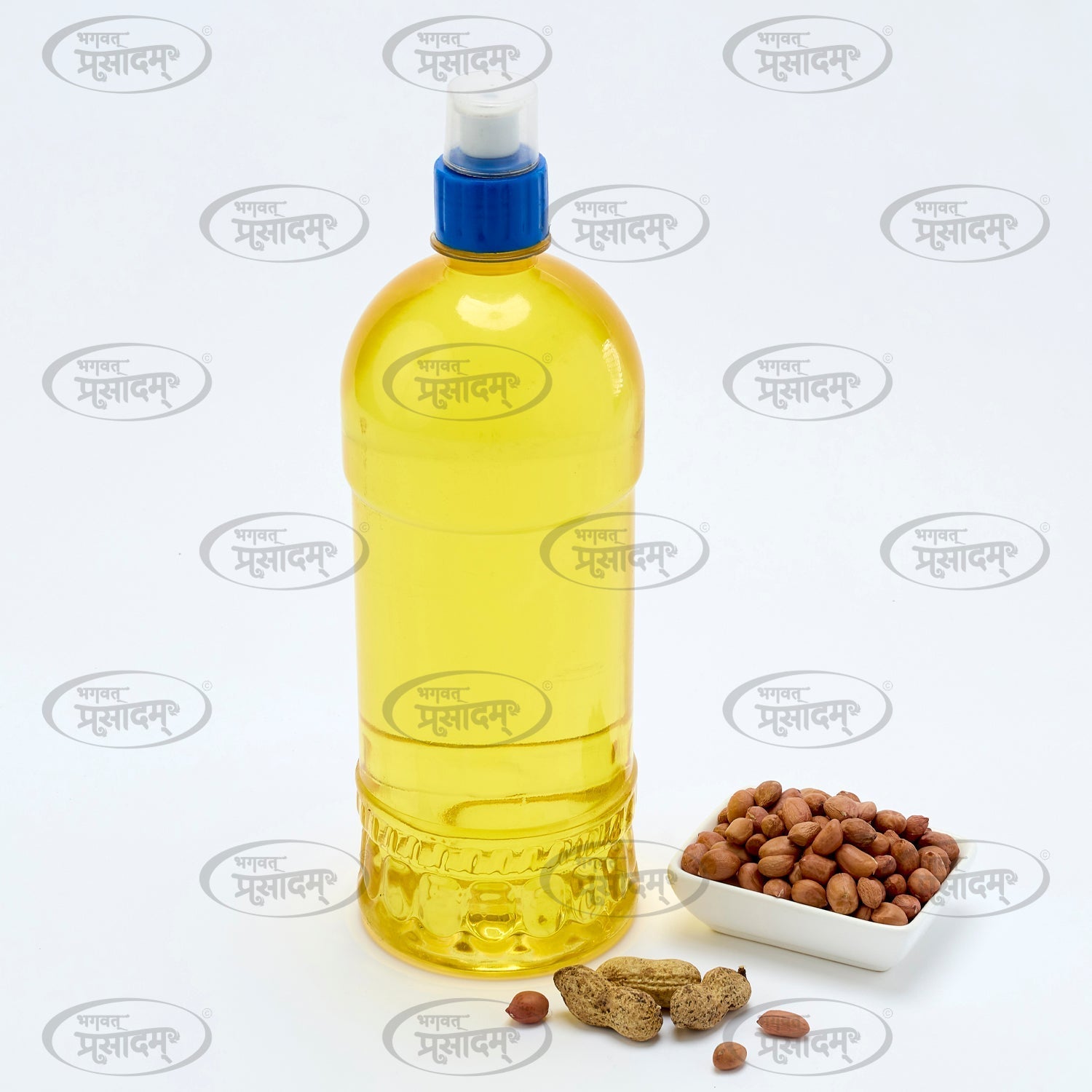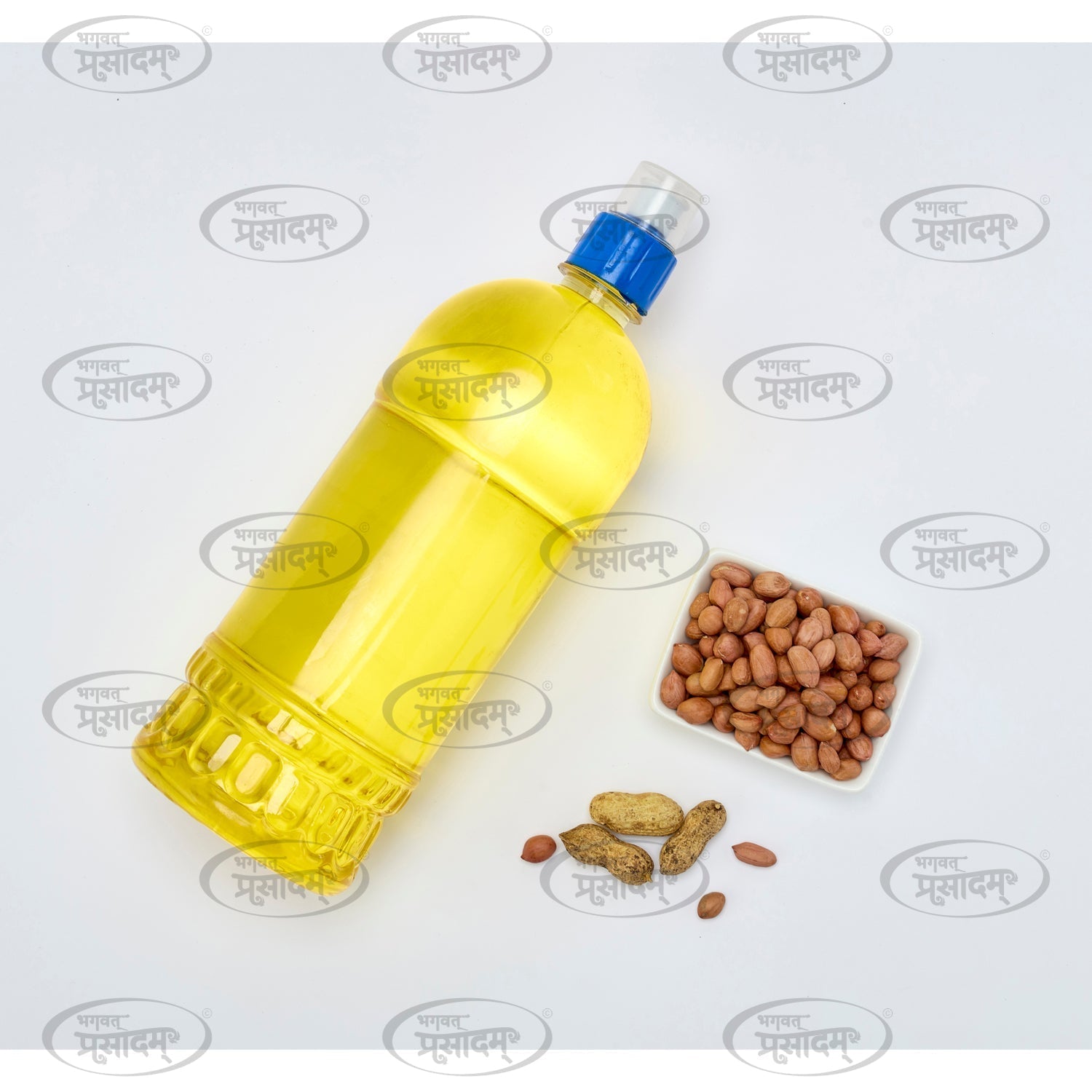In the world of culinary oils, Peanut Oil stands out as a beloved choice for its distinct flavor, high smoke point, and health benefits. Derived from pressing roasted peanuts, this golden-hued oil has been a staple in kitchens worldwide for its ability to enhance dishes with a nutty richness and versatility in cooking techniques.
What is Peanut Oil?
Peanut Oil, also known as groundnut oil, is extracted from peanuts through a process that involves roasting the nuts and then pressing them to extract the oil. This method not only preserves the natural flavor and nutrients of peanuts but also results in an oil that is ideal for various culinary applications.
Nutritional Benefits
Heart-Healthy: Peanut Oil is rich in monounsaturated fats, particularly oleic acid, which is beneficial for heart health. These fats help in reducing bad cholesterol levels (LDL) and increasing good cholesterol levels (HDL).
Vitamin E: It contains Vitamin E, an antioxidant that helps in protecting cells from damage caused by free radicals. Vitamin E also supports skin health and immune function.
High Smoke Point: Peanut Oil has a high smoke point (around 450°F or 232°C), making it suitable for high-heat cooking methods such as frying, sautéing, and stir-frying without breaking down or producing harmful compounds.
Culinary Uses
Peanut Oil's mild flavor and high smoke point make it a versatile cooking oil:
Frying: Its stability at high temperatures makes Peanut Oil ideal for deep frying foods like French fries, chicken, and tempura.
Stir-frying: Use Peanut Oil to stir-fry vegetables, meats, and noodles, imparting a subtle nutty flavor to the dish.
Salad Dressings: Blend Peanut Oil with vinegar or citrus juice to create flavorful and nutritious salad dressings.
Health Benefits
Skin Health: Applying Peanut Oil topically can help moisturize and protect the skin, thanks to its Vitamin E content and emollient properties.
Nutrient Absorption: The healthy fats in Peanut Oil aid in the absorption of fat-soluble vitamins such as Vitamin A, D, E, and K.
Conclusion
Peanut Oil is not just a cooking oil but a culinary companion that enhances dishes with its nutty flavor and healthful properties. Whether used for frying, stir-frying, or in salad dressings, Peanut Oil offers a versatile and delicious way to enjoy the benefits of this nutritious oil.
Embrace the goodness of Peanut Oil in your kitchen and explore its many culinary possibilities. Let its rich flavor and healthful attributes inspire you to create delicious meals that nourish both body and soul.
